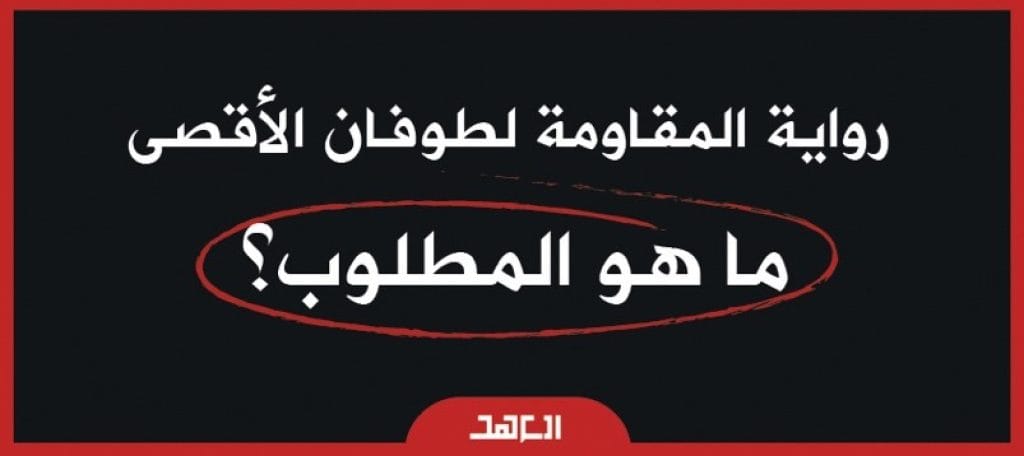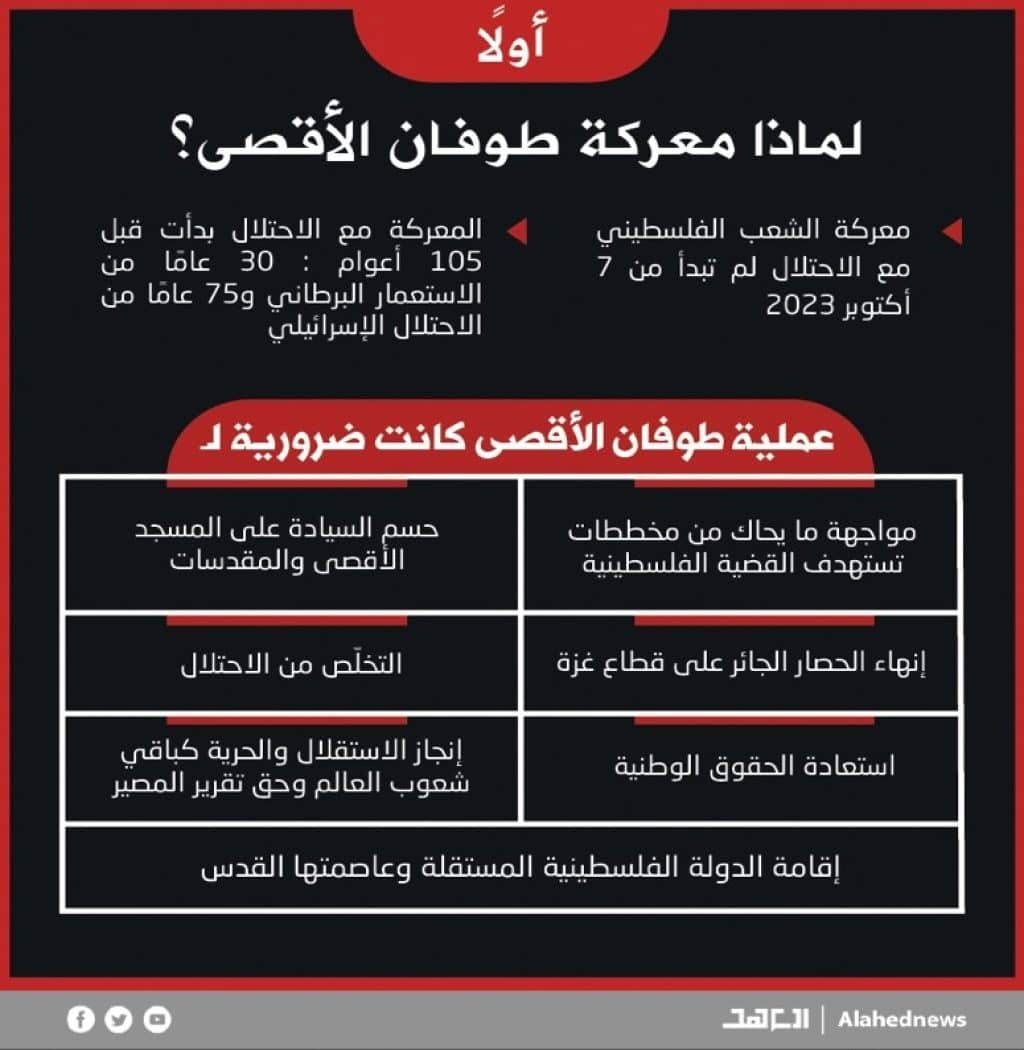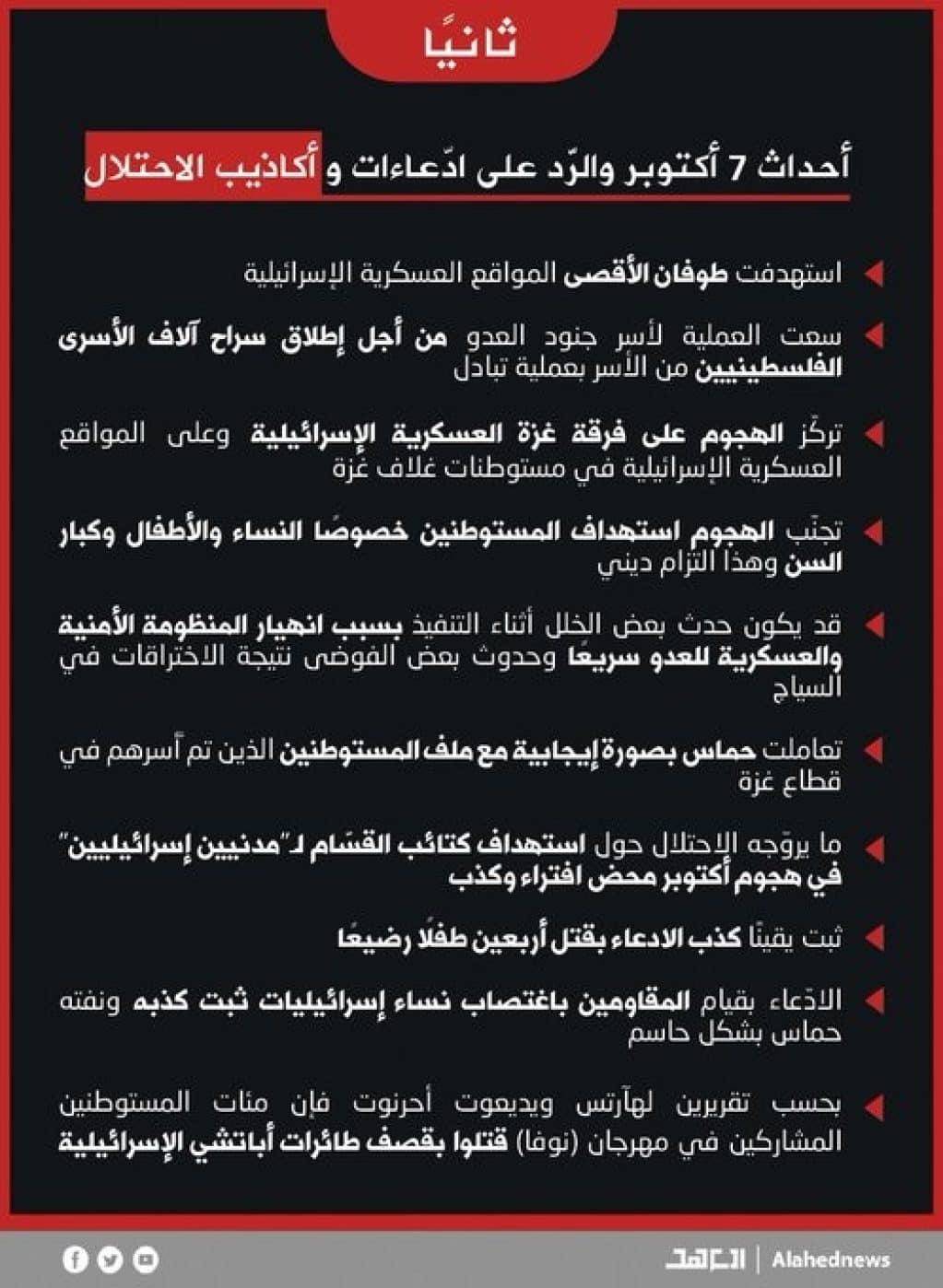Part one in a three-part series.
“How will I conquer this beleaguered one? He possesses courage, ingenuity, resourcefulness, and tools of war.’ And then he said, ‘I’ll not rob his strength, nor bridle him, nor rein him in, nor enervate his hand. But this I’ll do — blunt his mind, until he forgets his cause is just.”
So wrote the Israeli poet and playwright Nathan Alterman, unintentionally capturing the essence of psychological war efforts waged by autocratic bodies against Western democracies.
Speaking of this in relation to the Russian way of war, U.S. Marine Corps Major Valerie McGuire noted the emphasis on “attaining political and strategic goals by breeding chaos and dissent within a disenfranchised population … while simultaneously avoiding the challenges of competing directly with the advanced technological capabilities and expansive military budget of countries like the United States.”
One goal, here, is to reduce reality to a series of competing but ostensibly equally plausible narratives. Facts, in such a scenario, become less relevant – with success predicated upon making a more emotionally appealing argument.
This dynamic – of a vastly economically and militarily superior democratic country confronting an autocratic entity with limited resources and relatively primitive military means – applies mutatis mutandis to the conflict between Israel and Hezbollah. Which is why psychological warfare, narrative, soft-power, and propaganda have played such a central role in the group’s fight against Israel historically and now during Hezbollah’s involvement in the Al-Aqsa Flood war.
Making public remarks for the first time during the war, Hezbollah Secretary-General Hassan Nasrallah stressed recently that the “primary goal” should be “to stop the aggression on Gaza,” because that would allow his partners in Hamas, Palestinian Islamic Jihad, and other allied groups to survive, rebuild, and attack Israel again in the future. Part of the fight, he said, was to “shout, write, take a stance, protest, assist, support, speak, or move in any way other than fighting.” In a subsequent speech, he was encouraged by pro-Palestinian sentiment among the American public, saying “this must be worked on, and developed, because it will have tremendous impact in the United States.”
To that end, Hezbollah has spent effort crafting a specific narrative for Al-Aqsa Flood, one that would appeal to the sensibilities of a specific subset of Westerners. Hezbollah’s official Al-Ahed Newspaper published an article aptly titled “The Resistance’s Narrative on Al-Aqsa Flood…What is Required?” consisting of five infographics with talking points, which will be translated and analyzed by FDD’s Long War Journal in a series of articles.

The Resistance’s Narrative on Al-Aqsa Flood – What is Required?
Part I – Justifying the Oct. 7 Attack

First — Why the Battle of Al-Aqsa Flood?
- The battle of the Palestinian people did with the Occupation [i.e. Israel] not begin on October 7, 2023
- The battle with the Occupation began 105 years ago — 30 years of British colonialism and 75 years of Israeli occupation.
- The Al-Aqsa Flood Operation was necessary to:
- Confront the plots being weaved targeting the Palestinian cause.
- End the ongoing blockade of the Gaza Strip
- Regain national rights.
- Decide sovereignty over Al-Aqsa Mosque and holy places.
- Get rid of the occupation.
- Achieve independence and freedom like all other peoples of the world and self-determination.
- Establish an independent Palestinian state, with Jerusalem as its capital.
Analysis:
Framing the attack on Oct. 7 is critical for the Hezbollah and the broader Resistance Axis. As that appellation suggests, they portray themselves as essentially defensive to garner domestic support. This is all the more important in the case of this narrative, which seems equally tailored to impact Western audiences. Hence tying the “Occupation” – one of the Resistance Axis’ negative appellations for the State of Israel – not only to Israel’s inception, but to the British Mandatory period. This, in turn, is meant to present Israel as the settler-colonial fruit of the imperialist British poisonous tree, and hence an entity illegitimate in its inception – rather than arising out of the Jewish self-determination that the British Mandate instituted to empower – and thus justify violence against it as some form of anti-colonial resistance.

Second- The Events of Oct. 7, and Responses to the Propaganda and Lies of the Occupation
- Al-Aqsa Flood targeted Israeli military positions.
- The operation sought to capture the enemy’s soldiers to accomplish the release of thousands of Palestinian prisoners in a prisoner swap.
- The attack focused on the Israeli military’s Gaza Division and Israeli military positions inside the settlements of the Gaza Envelope
- The attack avoided attacking the settlers, particularly women and children and the elderly, and this was in abiding with religious principles.
- It’s possible some errors occurred during execution due to the speedy collapse of the enemy’s security apparatus and the occurrence of some chaos due to the penetrations of the [border] fence.
- Hamas dealt in a positive manner w/the issue of the settlers who were seized as prisoners in Gaza.
- What the Occupation spreads about the Qassam Brigades targeting “Israeli civilians” in the attack of October 7 is pure slander and lies
- It has been conclusively proven as a lie the claim that forty infant children were killed.
- The claim that the resistance fighters raped Israeli women has been proven to be a lie and Hamas denied it decisively.
- Per two reports belonging to Haaretz and Yediot Ahronot, hundreds of settlers taking part in a festival (Nova) were killed by Israeli Apache helicopter fire.
Analysis
This encapsulates the Resistance Axis’s version of the “clean hands” doctrine – with the caveat that the Axis as a whole, or its constituent organizations, can never admit to any wrongdoing. The second pillar of Hezbollah’s popular support is built upon their alleged moral advantage over the West and particularly its most egregious manifestation, the State of Israel. The Resistance Axis spends a considerable part of its soft power convincing its followers that the West (particularly the United States) is unjust, that its ostensible commitment to human rights and international law is hypocritical, and immoral – and that these are necessary manifestations of the West’s values. In this conception, Israel is the West’s most barbaric manifestation.
Both domestically and in certain circles abroad, the Resistance Axis and its narrative are capable of attracting support due to their ability to manipulate the reasons behind the casualty count lopsided in Israel’s favor, and to frame themselves – with their relatively primitive means of warfare – as fighting an unstoppable Israeli juggernaut. Thus, every Israeli military action is labeled ‘udwan (aggression). Israel, they say, never acts in self-defense. That is only an excuse for the Jewish state to act on its inherently rapacious and aggressive intentions, its raison d’etre to wantonly shed Arab blood and steal Arab land. In his speeches since the onset for the war, for example, Nasrallah said the Palestinian body count in the current war only served as a reminder of “the barbaric…true nature of this Entity.”
The horrors of Oct. 7, documented by the assailants themselves, risked puncturing that narrative – albeit only among the morally-inclined. It gave unprecedented international imprimatur to the Israel Defense Forces to eliminate Hamas, the same way the world had rallied behind the United States’ mission to defeat Al-Qaeda after 9/11, or the global campaign to destroy ISIS. But were Israel to accomplish that goal, Hezbollah and Iran would lose the immeasurably valuable asset into which they had transformed Gaza since the 2005 Israeli Disengagement. If Israel couldn’t be stopped militarily, then appeals had to be made to world opinion to argue that Israel’s war is unjust at its core – hence the attempt to deny any of the atrocities committed by Hamas and to argue that the organizations actions on Oct. 7 were resistance activities aimed at military targets – including false attributions to Haaretz and Yediot Ahronoth of stories that “hundreds” of the Israeli victims were actually killed by Israeli forces themselves. This element of the narrative in particular reinforces both the Resistance Axis’ claim of the unjustness of Israel’s war and its claims about Israel’s inherently bloodthirsty and barbaric nature.
But this element of the narrative aims to obscure reality, and there’s a sleight of hand at play: the Resistance Axis does not recognize the concept of an Israeli civilian. Hamas, which has been trying to undo the damage to its image wrought by its October 7 rampage, has a history replete with suicide bombings and other attacks that deliberately target civilians. Hezbollah too has no qualms about harming Israeli civilians.
Amal Saad-Ghorayeb, a scholar sympathetic to Hezbollah, wrote in her 2002 book on the organization – Hizbu’llah: Politics and Religion – that as part of its commitment to denying Israel’s legitimacy or right to exist and commitment to destroying Israel, Hezbollah also does not recognize the existence of Israeli civilians as such and views attacks against them as legitimate. The concept of an Israeli civilian, let alone an innocent one, is anathema to the organization. “… We place quotation marks around ‘[Israeli] civilians’ because the entire [Zionist] entity is an occupier, these are occupiers…” Nasrallah recently stressed. “There is not a single innocent Jew in Palestine now,” Ghorayeb quotes longtime Hezbollah official Hussein Al-Mousawi as saying. Insofar as it views the Israeli state and Israeli society – collectively and as individuals – as identical, and identical existential threats to Palestinians, Arabs, and Muslims, both must be liquidated.
“There is no possibility of dialogue or reconciliation with Israeli society as there is with Western society,” writes Ghorayeb, and states that Hezbollah views violence against Israeli civilians as a legitimate means to achieving its stated desire to liberate Palestine “from the river to the sea.” In his own book, Naim Qassem, Hezbollah’s Deputy Secretary-General and most articulate communicator of the group’s ideology, justifies attacking Israeli civilians as a means of eroding Israel’s national will and international legitimacy. Chillingly, according to Ghorayeb, this legitimization of attacks against Israeli civilians extends to Israeli children – enjoined by no less an authority than sheikh Mohammad Yazbek, the chairman of Hezbollah’s Judicial Council, the body tasked with determining religiously permissible actions.







